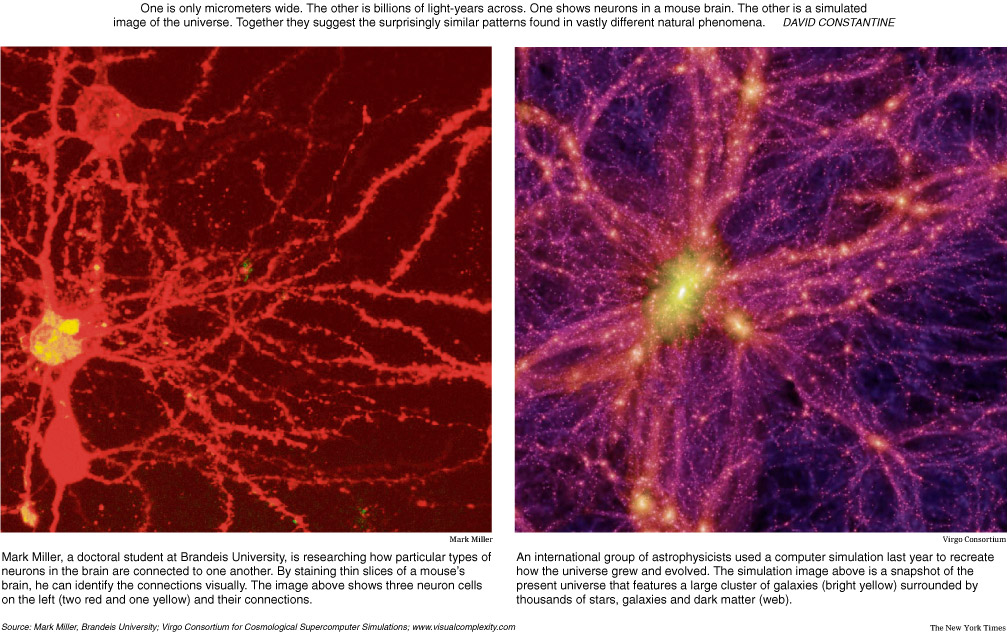From my (panentheistic) perspective, the whole universe is filled with physical evidence of his existence.
And yet the vast majority of people who believe in god for similar reasons strongly disagree with the god that evidence points to. Weird that so many people who think the evidence strongly points to a specific conclusion all disagree on what that conclusion is.
Citation needed.What most atheist "demand" is a lab demonstrated cause/effect relationship
Upvote
0


